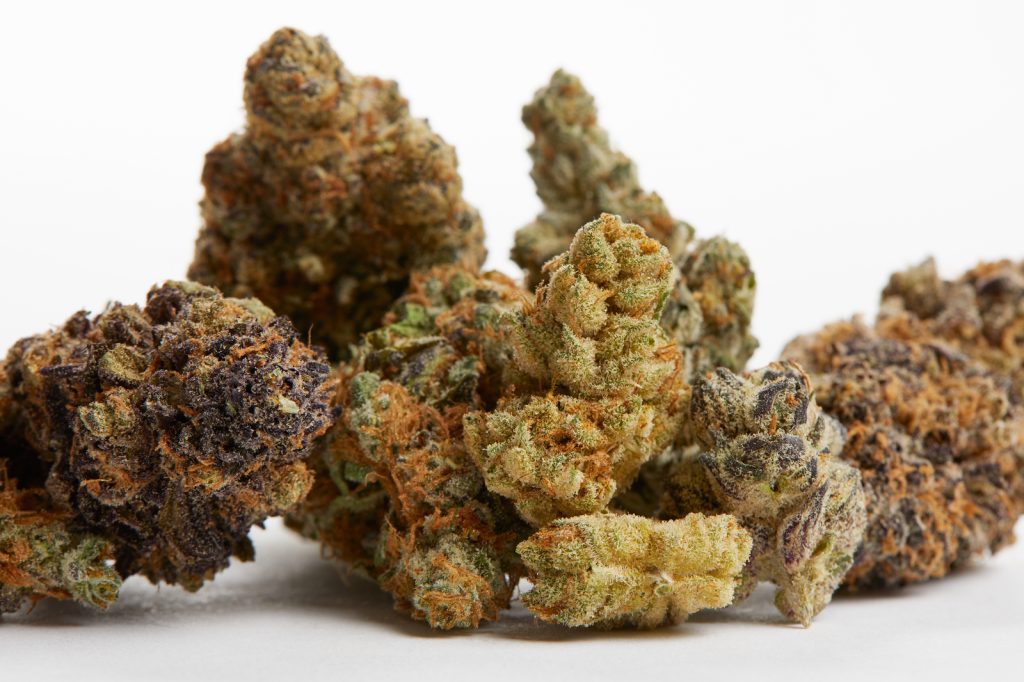Exploring the Therapeutic Potential of THCA Flowers – Their Unique Benefits
THCA tetrahydrocannabinolic acid flowers have recently gained attention for their unique therapeutic potential, setting them apart from their more well-known cannabinoid cousin, THC. Unlike THC, which is primarily recognized for its psychoactive effects, THCA is non-intoxicating and offers a range of potential health benefits that are increasingly being explored by researchers and healthcare professionals alike. THCA is the precursor to THC and is found in the raw, unheated cannabis plant. When cannabis is heated or decarboxylase, THCA transforms into THC, which is the compound responsible for the high typically associated with cannabis use. However, THCA remains in its acid form in raw cannabis and provides its own distinct therapeutic advantages. One of the most intriguing aspects of THCA is its potential anti-inflammatory properties. Research suggests that THCA may interact with the body’s endocannabinoid system in a way that helps reduce inflammation, which could be beneficial for individuals suffering from chronic conditions such as arthritis or inflammatory bowel disease.

Additionally, THCA has been studied for its potential neuroprotective effects. Some preliminary studies indicate that THCA might have the ability to protect brain cells from damage, which could have implications for neurodegenerative diseases like Alzheimer’s and Parkinson’s. The compound’s antioxidant properties are thought to contribute to its neuroprotective potential, offering a promising avenue for further research into its effects on cognitive health and longevity. Another area of interest is THCA’s potential to support overall wellness and mental health. While the psychoactive effects of THC are well-documented, THCA’s non-intoxicating nature allows users to potentially reap the benefits of cannabis without experiencing the cognitive impairments associated with THC. This makes THCA an attractive option for those seeking relief from anxiety, stress, or mood disorders without the high. Furthermore, THCA has been suggested to have antiemetic properties, meaning it could help alleviate nausea and vomiting, which could be particularly beneficial for individuals undergoing chemotherapy or suffering from other conditions that induce nausea.
Despite these promising indications, it is important to note that research into THCA is still in its early stages. Many of the therapeutic benefits attributed to THCA are based on preliminary studies or anecdotal evidence, and more rigorous clinical trials are needed to fully understand its efficacy and safety. Additionally, the best thca flower is consumed can impact its effectiveness. Consuming raw cannabis, which contains THCA, may be one way to incorporate this cannabinoid into a wellness regimen, but its bioavailability and the most effective delivery methods are still under investigation. In summary, THCA flowers represent a fascinating area of research with potential therapeutic benefits that differ from those associated with THC. Their anti-inflammatory, neuroprotective, and antiemetic properties offer a glimpse into the diverse ways in which cannabinoids can contribute to health and wellness. As research continues to evolve, THCA may become a more integral component of holistic and medical cannabis treatments, providing new options for those seeking relief from various health conditions.